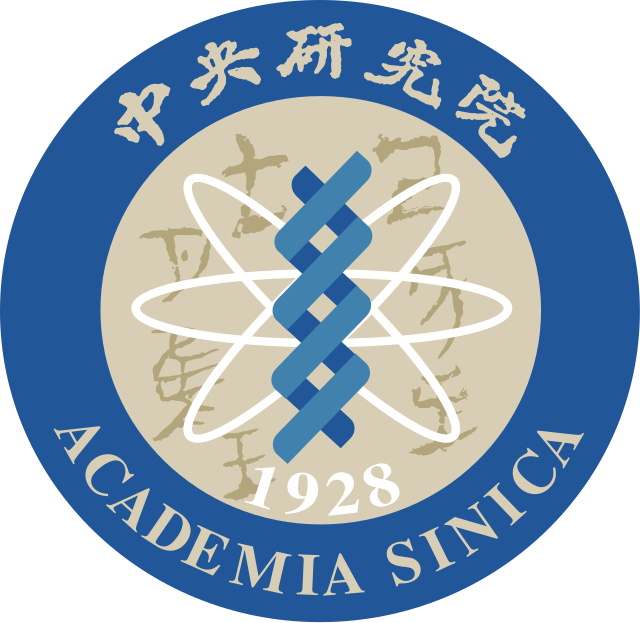Microtubule and Organelle Biology
Research Field
I am an assistant research fellow at the Institute of Molecular Biology, Academia Sinica. I am broadly interested in the molecular mechanisms underlying cellular organization and how they control normal physiology in living organisms. I have a long-standing interest in dissecting the intricate interplay between the cytoskeleton and organelles, in particular the microtubules, centrosomes, and the Golgi apparatus. During my PhD training with Dr. Joachim Seemann at UT Southwestern, I uncovered the mechanism by which the microtubule-based spindle mediates Golgi inheritance and biogenesis. My subsequent work further revealed that the Golgi complex in turn regulates spindle formation and orientation by assembling microtubules from the membranes. I also contributed to several important studies on Golgi-related functions including protein trafficking, cell polarization and cell migration. Furthermore, working with chemists, I identified the mechanism of action of a cytotoxic compound and its cellular target tubulin. To expand my research scope and depth, I then worked with Dr. David Agard at UCSF/HHMI to determine the factors and mechanisms that drive g-TuRC-mediated microtubule nucleation. Coming back to Taiwan as an independent PI, I have built my research program not only based on my prior background and training, but also by leveraging the expertise available in the local scientific community. I have successfully established several new lines of research which focuses on: (1) structure and function of centrosomes and cilia, (2) organelle dynamics in meiosis and spermatogenesis, (3) neuronal migration and differentiation.
Our research focuses on understanding the molecular mechanisms underlying cellular organization and how these mechanisms regulate normal physiology in living organisms. The overall goal of our work is to elucidate, at molecular, cellular, and developmental levels, how microtubules and microtubule-based organelles such as centrosomes and cilia are organized, and how their dysregulation contributes to developmental defects and disease.
To address these fundamental questions, we employ a multidisciplinary approach that integrates biophysics, biochemistry, cell biology, advanced super-resolution imaging, cell engineering, single-cell RNA transcriptomics, proteomics, bioinformatics, and mouse genetics.
Our current research interests span three major topics that underlie essential microtubule functions and their associated diseases:
- Centrosome Function: Investigating its role in spindle assembly, with implications for cancer, and in ciliogenesis, relevant to ciliopathies.
- Spermatogenesis: Exploring organelle dynamics in male infertility.
- Neurodevelopment: Studying the impact of microtubule regulation on malformations of cortical development.
Through this work, we aim to uncover critical insights into cellular organization and its implications for health and disease.
Awards and Honors
2022 – 2025
2030 Cross-Generation Excellent Young Scholars Award
Ministry of Science and Technology, Taiwan
2020 – 2024
Career Development Award
Academia Sinica, Taiwan
2018 – 2020
Academia Sinica Investigator Fellowship
Academia Sinica, Taiwan
2015 – 2017
Postdoctoral Fellowship, Program for Breakthrough Biomedical Research
Sandler Foundation, UC San Francisco, USA
Education
- PhD in Cell Biology, UT Southwestern Medical Center, USA (2004–2010)
- MS in Organic Chemistry, National Taiwan University, Taiwan (2000–2002)
- BS in Chemistry, National Taiwan University, Taiwan (1996–2000)
Professional Experience
- Research Specialist, Howard Hughes Medical Institute (2017–2018)
- Postdoctoral Researcher, Department of Biochemistry and Biophysics, UCSF, USA (2014–2017)
- Postdoctoral Researcher, Department of Cell Biology, UT Southwestern Medical Center, USA (2010–2014)
2 Vacancies
Job Description
We are seeking highly motivated students whose research interests align with our lab. Ideal candidates should be eager to embrace challenges, think critically, and dedicate quality time to lab work. If you are passionate about research and thrive in a collaborative environment, we encourage you to reach out to discuss potential projects and opportunities!
Preferred Intern Education Level
Bachelor or Master Student
Skill sets or Qualities
Personal Attributes
- A positive, proactive, and responsible attitude.
- A strong passion for research and demonstrated academic enthusiasm.
Educational Background
- A Bachelor’s or Master’s degree in science, medicine, agriculture, or engineering.
Strong Communication Skills
- Proficiency in English for clear and effective communication
Preferred Experimental Skills (not required but advantageous)
- Experience in any of the following areas:
- Cell culture
- Imaging techniques
- Molecular biology
- Protein biochemistry
- Mouse handling
